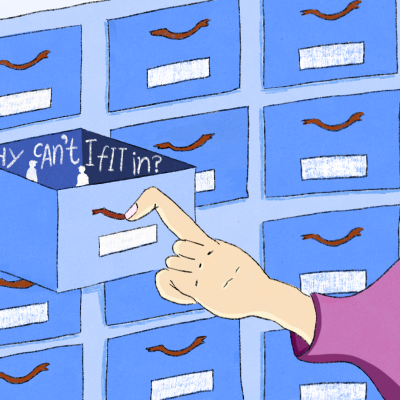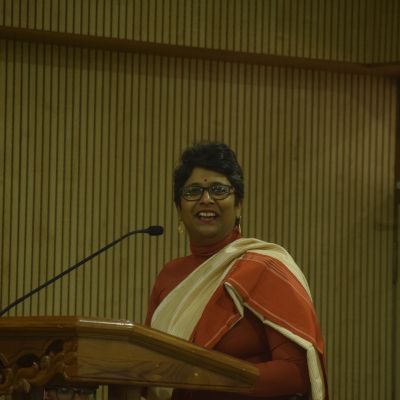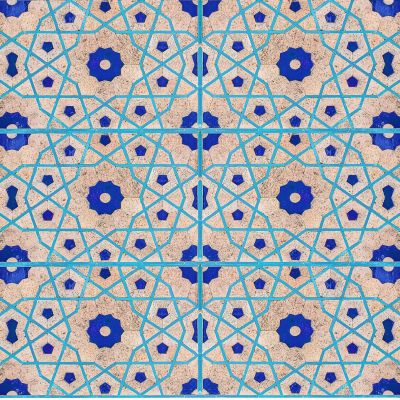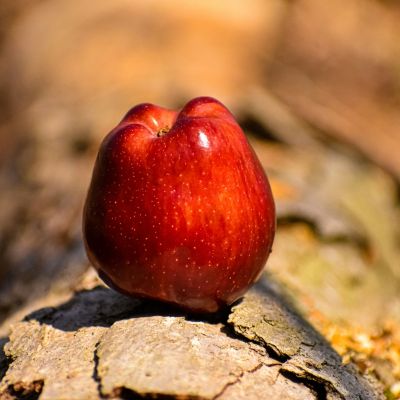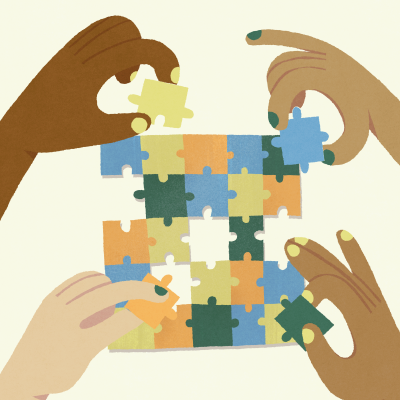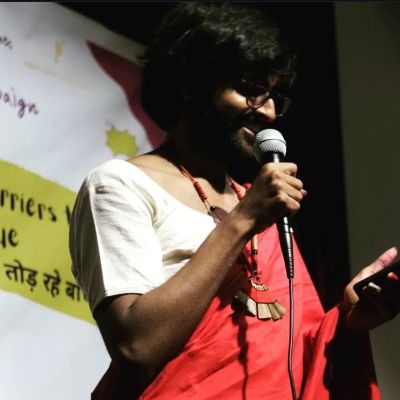SISA spaces
शहरी पुणे के एक नगरपालिका स्कूल की आठवीं कक्षा – एक सह-शिक्षा कक्षा जिसमें 18 लड़के और 12 लड़कियाँ हैं – के कुछ अनुभव
… when they believed we were of the right age to marry, they urged us to “leave everything behind and get settled”. When marriage is considered such an important institution in our society, why not teach us about consent as well?
…when both of us speak about the way we engage in our workspaces, we find common contradictions and barriers. How does a queer person navigate these barriers, constantly negotiating when, where and on what terms to engage? To be seen or to remain unseen?
How would we see the world really, if we were open to the idea that it is not purpose but play that drives us to seek companionship, be it an orchid seeking a pollinator or a human seeking another?
Marriage also feels complicated when one approaches it through the lens of feminism. Marriage throws in two people and often their families into a system designed to perpetuate patriarchy, subjugate women, and bind men and women (in heteronormative marriage) into strict roles in the marriage.
Each time a child or adolescent asks a question that may be (even indirectly) related to sexuality, many parents and teachers get squirmy and nervous. This may be because they themselves do not have the information required, but in most cases, it has more to do with the ‘hush-hush’ that surrounds sexuality.
I feel that parents, teachers and CSE can make room for these disparate realities of adolescents by first acknowledging the limits of formal sexuality education, that the curriculum imparted formally fails in providing the kind of learning that happens through other sources.
A child’s social environment in their foundational years plays a critical role in shaping their worldview and influences their responses and the way they communicate with their peers.
Despite the lack of a formal Comprehensive Sexuality Education (CSE) curriculum in place in India, there has been a growing interest in providing CSE programmes in schools.
My mother’s openness gave me a profound glimpse into how deeply conversations – or their absence – shape our sense of self.
Aria walked into her school’s auditorium, giggling with the rest of the girls, because they were about to have their very first Sex Ed workshop.
It’s clear Ms. Nisha is not here to shame them or lecture them. She’s here to give them words when they have none.
Gender and sexuality are like constituent parts of a jigsaw puzzle that keeps morphing in such a way that nothing ever ‘fits’ for long, and the game begins anew each time.
चूँकि दुनिया हाशिये में जीने वाले लोगों के प्रति इतनी प्रतिकूल रही है, इसलिए वे लोग हमेशा से, हर जगह ‘सुरक्षित स्थान’ बनाने की कोशिश करते आ रहे हैं।



